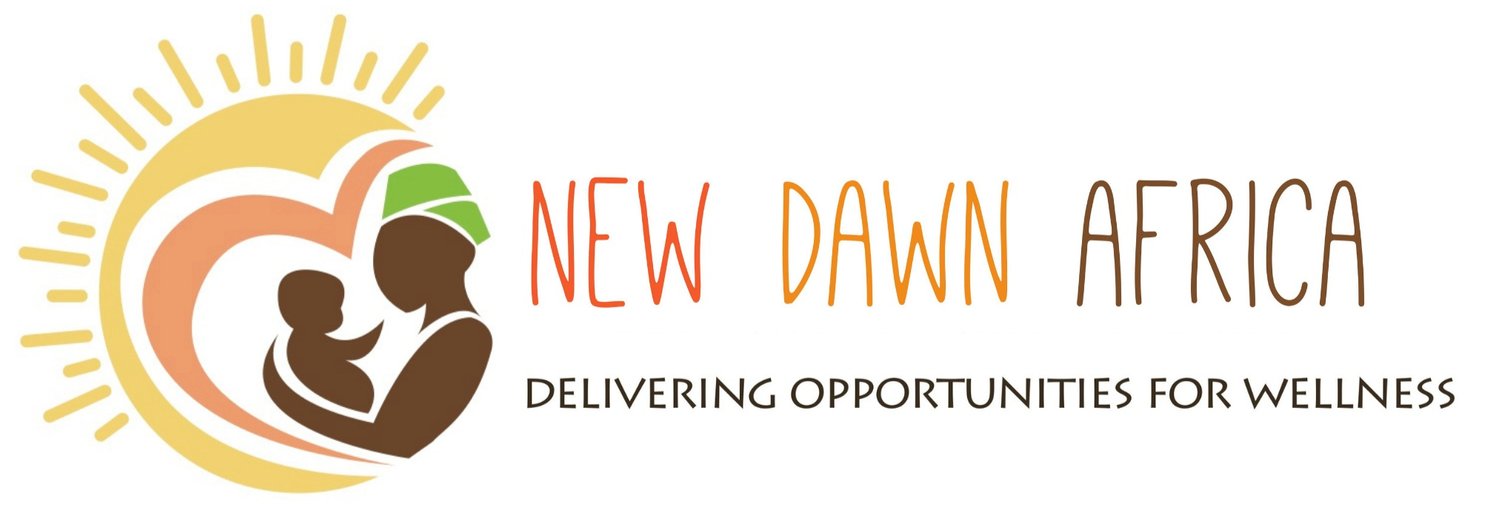Delivering Wellness in Dandora
Published Fall 2014 in the Loyola Marymount University Graduate Theological Studies Journal
LMU’s graduate theology program transformed me in unpredictable ways. After graduating in 2008 I yearned to marry sound theological theory with opportunity for praxis. An announcement for a Santa Monica parish-led trip to East Africa caught my attention in the spring of 2011. A few months later in July of 2011, I found myself in Dandora, a developing area of Nairobi, Kenya. It too transformed me in unpredictable ways.
Like the disciples on the road to Emmaus (Lk 24:13-25), my heart burned within me along the road to Dandora. Rusted corrugated tin shacks serve as homes along the dusty and bumpy red dirt roads. Smoke and despicable stench rise from the overflowing Nairobi city dump, an abomination in the center of Dandora. Pigs, vultures, and throngs of people young and old pick through its garbage for bits of life sustaining treasure. Life’s injustice in the surrounding poverty struck me harder than a physical blow. My gut screamed, “something very wrong is going on here!”
Political corruption, crime, circularity of disease, and lack of good, affordable health services all contribute to gross injustice inherent in the structure of this community. Renowned theologian and founder of the liberation theology movement Gustavo Gutierez takes seriously the call to serve the poor. His tenet of the “preferential option for the poor” proclaims that our global family must attend to the needs of those living in poverty and advocate for their dignity as social evils marginalize them disproportionately. Harvard trained doctor and founder of Partners in Health Paul Farmer recognizes that disease makes its own preferential option for the poor. Illness and premature death strike people living in poverty exponentially more than others, either through increased exposure to pathogens or lack of treatment. The field of medicine, according to Dr. Farmer, is a great equalizer and in essence social justice work.
Around the bend from the filth of the dump, the shining cross of Holy Cross Parish Dandora beckons as a response and a refuge from the inequity of despair. Holy Cross is a Catholic church founded in 1978. It is an oasis in a desert of poverty, disease, and despair. The Parish’s dynamic leadership diligently drives innovative programs that provide relief and opportunity for all who enter its secure compound. This Parish community is in the business of building hope. They’ve built a top rated nursery and elementary school for children, a tailoring school for young adults, offer nutritional relief to HIV victims, and treat minor health issues at their clinic. An extensive volunteer network of community health workers assists in identifying and attending to the needs of the sick. Holy Cross serves more than 30,000 parishioners.
Solidarity and accompaniment with the real people of under-resourced communities inspire action to alleviate unjust situations. Pope Francis echoes this sentiment: “[Solidarity] is not a feeling of vague compassion or shallow distress at the misfortunes of so many people, both near and far. On the contrary, it is a firm and persevering determination to commit oneself to the common good,” Pope Francis, On Social Concern (Sollicitudo rei Socialis), #38.
Holy Cross parishioners and UN research alike tell us that Dandora particularly needs a Maternal-Child Hospital. One of eight Millennium Development Goals identified by the UN is reduction of the maternal mortality rate (MMR). Kenya’s rate is unacceptably high at 488 maternal deaths per 100,000 live births and Dandora’s MMR is even higher. A place for safe, clean births and sustained health for expectant and new mothers and their young children is over due. Access to a continuum of care for women and babies insures against premature death and contributes to the sense of wellbeing for the entire community.
Pregnant with possibility for efforts toward social justice, I envisioned Dandora Africa Wellness Network (DAWN), Inc. as a step toward empowerment and a chance for wellness, physically and emotionally, for this faith filled community. Together with three amazing priests, we aligned efforts across the globe to deliver premium, yet affordable maternal-child health services to Dandora. On July 7, 2014, within the Holy Cross Dandora secure compound, I happily put the shovel in the ground to commence building “Our Lady of Visitation,” the Maternal-Child Hospital we’d all imagined. And we plan to deliver more than healthy babies; we aim to deliver an enduring sense of health and wellness, respect, dignity, empowerment, and most of all, hope.
Dandora Africa Wellness Network, Inc. is a 501(c)3 non-profit. Our mission is threefold:
To promote health and wellness in the underserved population of Dandora; to deliver exceptional maternal-child medical facilities and health care
To empower people of Dandora by creating strategic partnerships; a platform where need and resources intersect
To build hope and solidarity by informing the global community about unnecessary maternal-child mortality and by offering hope for a new dawn for new life to the community of Dandora
My desire to marry the sound theological theory I developed at LMU with praxis is fulfilled in this growing non-profit and all its possibilities.

